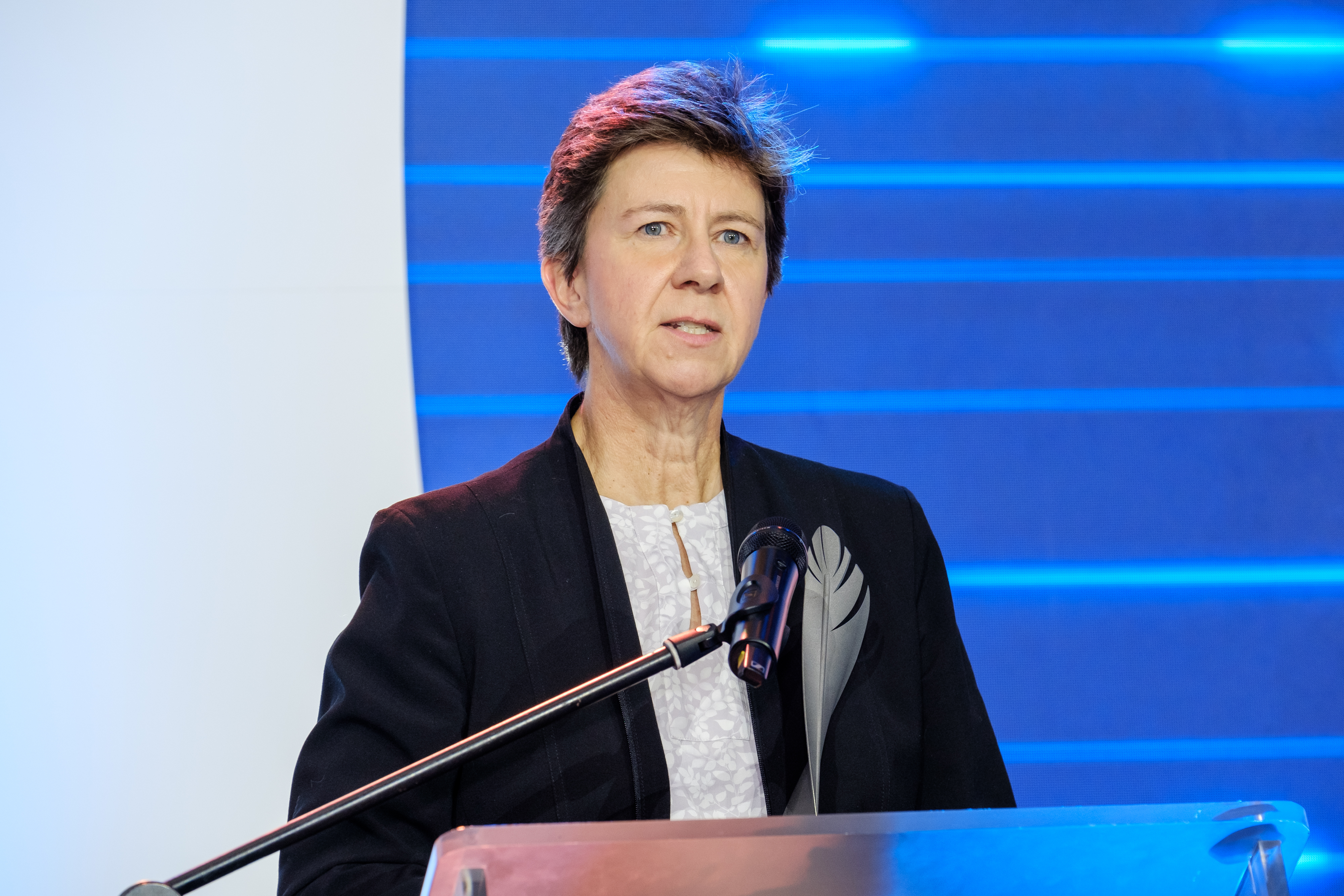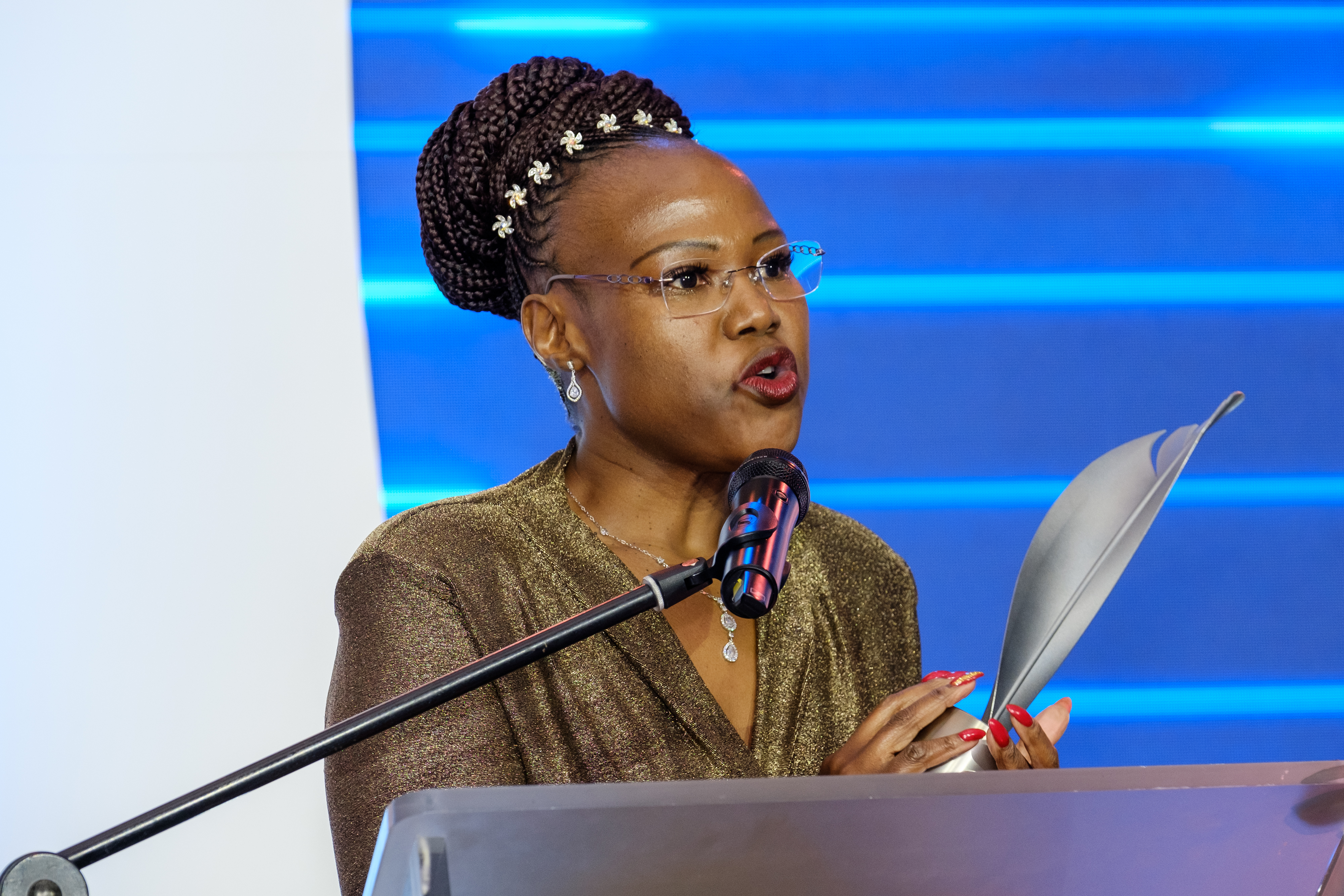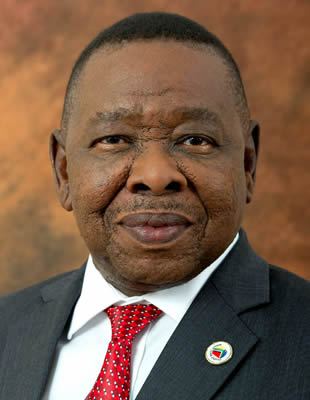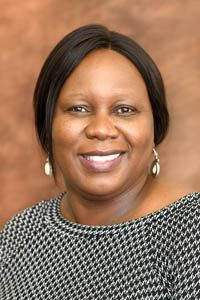News
Vaccine production technologies
The CSIR is hosting a cohort of participants for a vaccine production technologies course as part of its African Biomanufacturing Workforce Training and Skills Development Programme.
This course assists in growing and developing the vaccine production sector on the African continent through training and innovative bioprocess solutions.
26th NSTF-South32 Awards 2024


CSIR showcased its excellence at the 26th National Science and Technology Forum (NSTF)-South32 Awards, also known as the "Science Oscars of South Africa", held on Thursday, 11 July 2024 at the Sandton Convention Centre, Johannesburg. Please join us in congratulating Prof. Mthunzi-Kufa and Prof. Godfrey on their outstanding achievements.
The CSIR’s cannabis programme has incubated 23 small, micro and medium enterprises (SMMEs) to develop and market high-quality, regulatory compliant, safe, efficacious and affordable cannabis products for local and international markets.
CSIR Charity Golf Day
On Friday, 28 June 2024, the CSIR held its Charity Golf Day at Woodhill Country Club in Pretoria. The event, powered by H3C Technologies Africa (Pty) Ltd, proved to be a resounding success, gathering golfers, sponsors and supporters, all coming together to make a meaningful difference.
The primary objective of the CSIR Charity Golf Day was to raise funds to provide essential learning materials and enhance the learning experience of mathematics and science for students in rural communities.

CSIR Smart Places is currently engaged in a project to clear out the Environmental Labs in Pretoria and Durban. The cluster has decided to donate the remaining items to an external party. The remaining items are assets that are largely old, obsolete and/or in need of repair, and for most items, their residual value may only be in the recycling of components, parts and materials.
Click here [Excel] to access the list of assets.

On 12 - 18 May 2024, Professor Luzango Mfupe undertook a successful fact-finding and study tour mission to South Korea to participate in a series of high-level engagements, including meetings, capacity-building sessions and live demonstrations of wireless technology with officials from the national regulator, research institutes and industry stakeholders.
The course aims to provide comprehensive competency building and skills transfer across all aspects relating to biomanufacturing, emphasis will be around quality control considerations and hands-on training on key downstream unit operations, including fill and finish.
Download this document for more information or click here to complete an application form.

